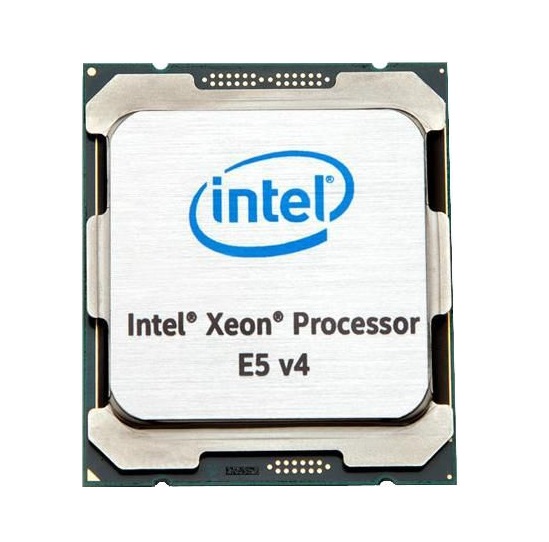CPUs and Processors
Welcome to our online store, where we offer a wide range of CPUs and processors for your computing needs. Whether you're building a new computer or upgrading your existing system, we have the right CPU or processor for you.
CPUs (Central Processing Units) and processors are the most important component of a computer system. They are responsible for executing all the commands and processing data. A good CPU or processor can make a significant difference in the performance of your computer, making it faster and more responsive.
Benefits:
High performance:A good CPU or processor can significantly improve the performance of your computer, making it faster and more responsive.
CPUs (Central Processing Units) and processors are the most important component of a computer system. They are responsible for executing all the commands and processing data. A good CPU or processor can make a significant difference in the performance of your computer, making it faster and more responsive.
UPS stands for Uninterruptible Power Supply, which is an electronic device that provides backup power to other electronic devices during a power outage or voltage fluctuation. UPS devices contain a battery backup that can provide power to the devices for a certain period of time, allowing them to be safely shut down or allowing them to continue functioning until power is restored. This is the most basic type of UPS and is used primarily for desktop computers and other low-power devices. It provides surge protection and battery backup to keep the device running during a power outage. This type of UPS is used for more critical systems and provides voltage regulation as well as surge protection and battery backup. It can adjust the voltage of the incoming power to keep it within a safe range. This is the most advanced type of UPS and is used for servers, data centers, and other critical systems. It provides complete protection against power outages, voltage fluctuations, and electrical noise. The online UPS constantly powers the connected devices from its battery backup and uses the AC power to recharge the battery. A UPS provides protection against power outages, voltage fluctuations, and electrical noise that can damage electronic devices. A UPS provides enough power to allow devices to be shut down safely, preventing data loss or corruption. A UPS can extend the life of electronic devices by protecting them from power-related damage. A UPS can provide uninterrupted operation of critical systems during a power outage, reducing downtime and maintaining productivity. A UPS can provide power backup to devices without the need for a generator or other external power source. This is the most critical component of a UPS and provides the backup power needed during a power outage. This component converts the DC power from the battery into AC power that can be used by electronic devices. This component recharges the battery when AC power is available. This component switches between AC power and battery power when necessary. The battery is the most critical component of a UPS and needs to be replaced periodically, typically every 3-5 years. UPS devices should be tested periodically to ensure that they are functioning properly and providing adequate backup power. The UPS device should be cleaned regularly to prevent dust buildup and ensure proper ventilation. UPS devices should be monitored for any signs of malfunction or failure, such as alarms or warning lights.UPS
There are various types of UPS devices available, including:
Standby UPS:
Line-Interactive UPS:
Online UPS:
Benefits of using a UPS:
Protection:
Data Loss Prevention:
Equipment Longevity:
Continuous Operation:
Convenience:
Components of a UPS:
Battery:
Inverter:
Charger:
Transfer Switch:
Maintenance of a UPS:
Battery Replacement:
Testing:
Cleaning:
Monitoring:












